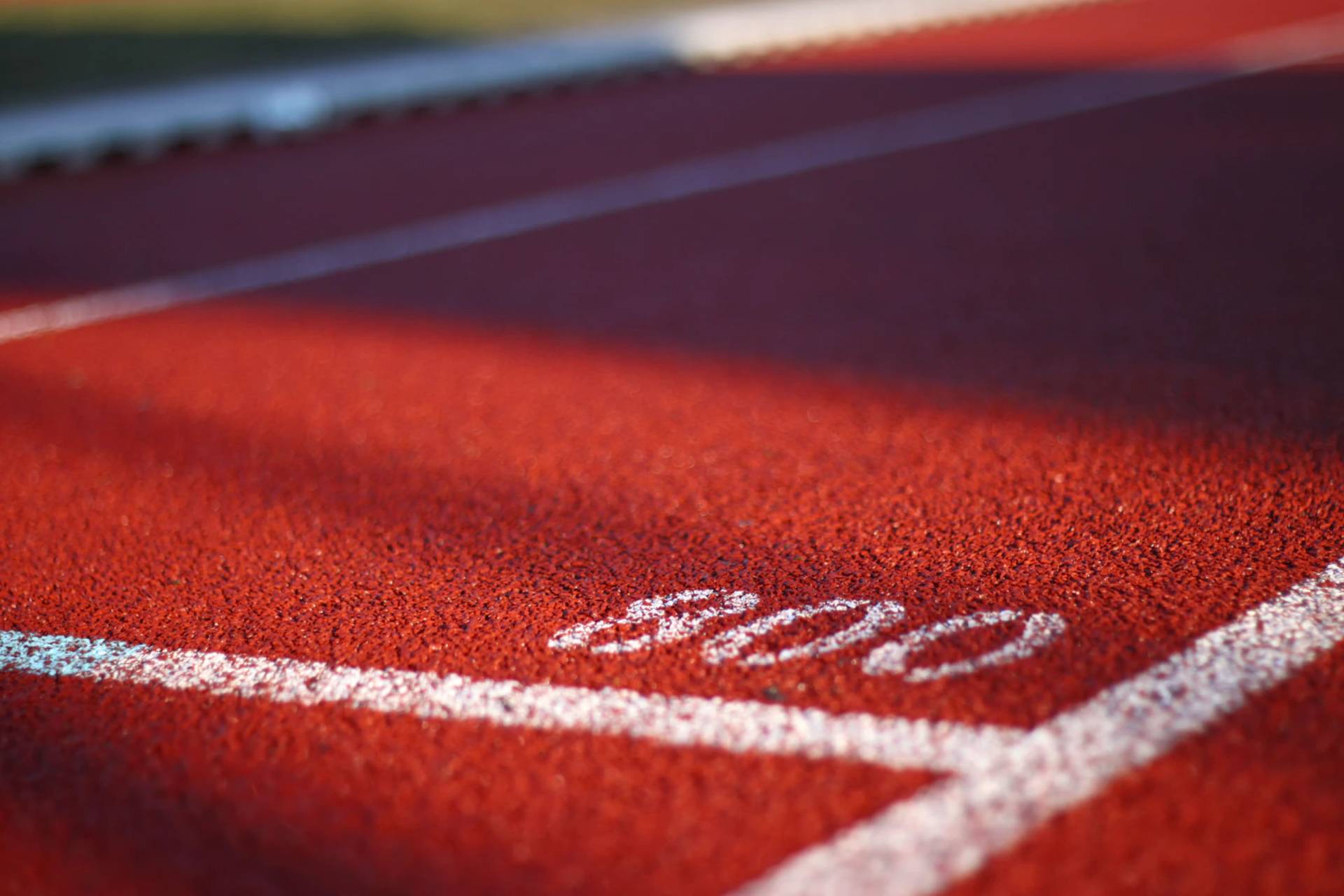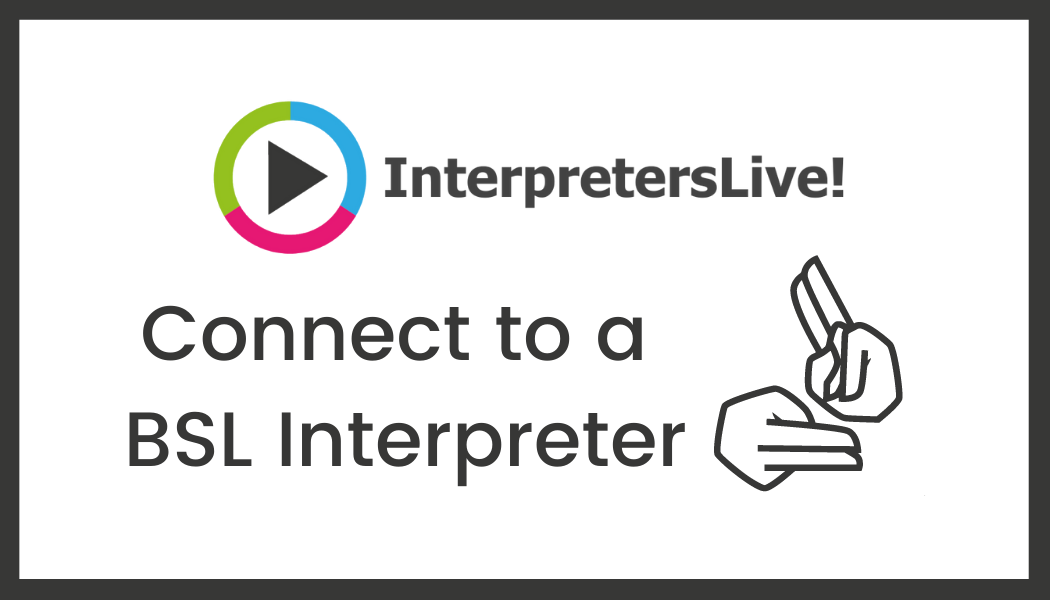
A member of the Board of Directors of Sport England made headlines last month by stating that the GB team is not representative of the diversity of Britain and Northern Ireland.
In a presentation given to Sport England’s talent inclusion advisory group, Chris Grant, one of British sport’s most senior administrators, highlighted that too many sports were still dominated by white suburban athletes, with little action taken to encourage those from more urban areas.
The presentation revealed that over a third of the sports funded through the talented athlete scholarship scheme (TASS) had zero non-white athletes, with estimations that between a third and half of all Olympic and Paralympic sports have never been represented by an athlete from a minority background.
Furthermore, and tying into our recent blog series on social mobility, the presentation quoted research that, in the last decade, around half of Team GB medallists attended a private school. Just 6% of medallists attended school in a city, compared with 39% of the UK population. In fact, medallists from this year, Bethany Shriever (BMX) and Emily Campbell (weightlifting), had to self-fund to secure their spot on the team.
For the Tokyo Games, 86% of Team GB were white. Although this reflects the 2011 census figure for the British population, chief executive of UK Sport, Sally Munday, has publicly recognised that, for Team GB to be truly reflective of modern British society, more work needs to be done in certain sports.
It was announced in December 2020 that UK Sport would cut funding from ‘posh’ sports, such as equestrianism, sailing and rowing, for the next Olympic cycle in plans to help boost a more diverse range of sports. At the time, Munday stated that such a change in emphasis was an attempt to level the playing field between more traditional public school sports and ones inner-city pupils are more likely to take part in.
“We’re really clear that what we are aiming to do is have teams at the Olympics and Paralympic Games that represent our society,” said Munday. “You look at some of the sports that are now in our progression stream. You look at the likes of basketball, you look at skateboarding – these are sports that are probably going to bring new people into the Olympic and Paralympic family. And I think that’s really exciting.”
In a positive move for the future of Olympic sports, the International Olympic Committee (IOC) stated they are “keen to set a new standard for inclusive, gender-balanced and youth-centred games” for the upcoming 2024 Games taking place in Paris. 2024 organisers have highlighted the importance of including sports like breaking, sport climbing, skateboarding, and surfing, which are “easy to take up” and will “help to inspire millions of children to take up sport”.
Grant makes clear that more work is required to change how elite athletes are discovered and nurtured to ensure sport becomes more representative. He launched “Mission 2032”, a project aimed at increasing diversity in the British Olympic team through increased transparency in the selection data.
Despite calls for greater diversity on the British Olympic team, Grant said that progress has been slow. “Part of the reason it hasn’t happened is that some of the people who are in positions of power don’t really believe it can happen, And part of that, frankly, is unconscious bias,” he recently told The Guardian. “Tokyo has demonstrated yet again that we have amazing talent development pathways, but that the gateways to elite sport are not fairly distributed. We need investment to change that, but more than anything, we need vision, ambition and will.”
Time to make change happen
The future of sport is driven by difference. Here at level=, it’s our mission to help every sports organisation, regardless of size or scope, bring diversity and inclusion to their leadership and broader teams.
Whether you are building greater equity within your organisation or looking to take the next step in your career in sport, our team is committed to working with you to offer the skills, services and access to a globally diverse and level field of possibility.
Connect with us on 020 8392 9959 or email hello@levelequals.com.




